11 Steps to Build a Thriving Organic Vegetable Garden
Creating a successful organic vegetable garden starts with a focus on healthy soil, selecting the right plants, and providing consistent care. By enriching the soil naturally, managing pests without chemicals, and ensuring your plants receive the right amount of water and sunlight, you can enjoy a flourishing garden throughout the season. Whether you’re growing vegetables for the first time or looking to improve your existing garden, these essential steps will help you cultivate a sustainable, eco-friendly space for fresh, homegrown produce.
This post may contain affiliate links, which helps keep this content free. Please read our disclosure for more info.
Choose the Right Location
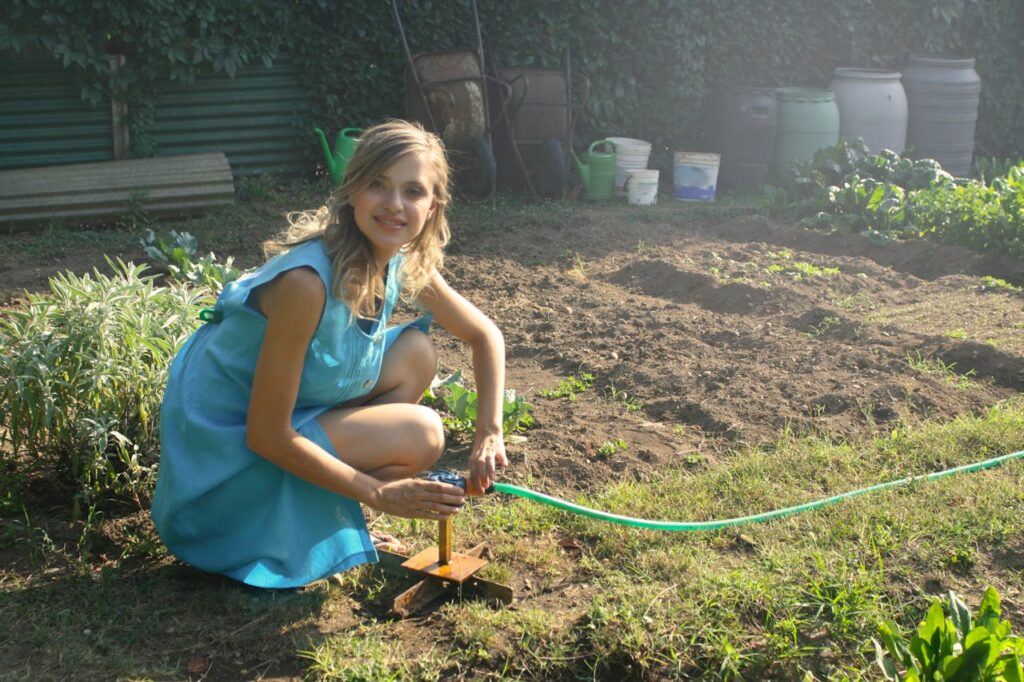
Selecting the right location is crucial for the success of your organic vegetable garden. A spot that gets at least 6-8 hours of sunlight a day is essential for most vegetables. Without sufficient sunlight, your plants may become leggy and produce little to no fruit. Additionally, the location should have good air circulation, which helps prevent fungal diseases and allows your plants to grow strong and healthy.
Another important factor to consider is soil drainage. Well-drained soil is necessary to prevent root rot and other water-related issues. A location with easy access to water is also a plus, as it will be easier to water your garden consistently. Avoid places that are too shaded or prone to waterlogging to ensure your vegetables thrive.
Improve Soil Health
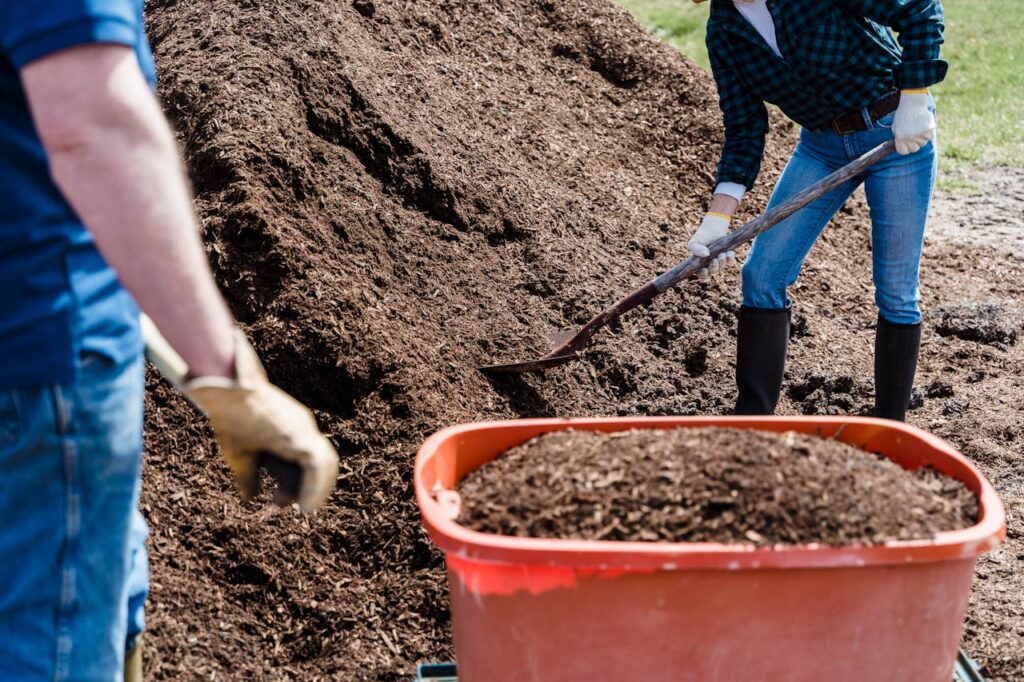
The soil in your garden is the foundation of your vegetable plants. Organic gardeners prioritize enriching the soil with organic matter, such as compost, which improves its structure and boosts its nutrient content. Adding organic matter helps the soil retain moisture, promotes good drainage, and supports a thriving population of beneficial microorganisms that enhance soil health. Over time, this creates an ideal environment for plant roots to establish and grow.
You should also test your soil regularly to ensure it has the right pH and nutrient levels. If necessary, you can amend the soil with organic fertilizers, such as bone meal or kelp meal, to correct nutrient deficiencies. By focusing on soil health, you are setting up a sustainable and productive garden that will continue to yield high-quality vegetables for years.
Select Appropriate Plants
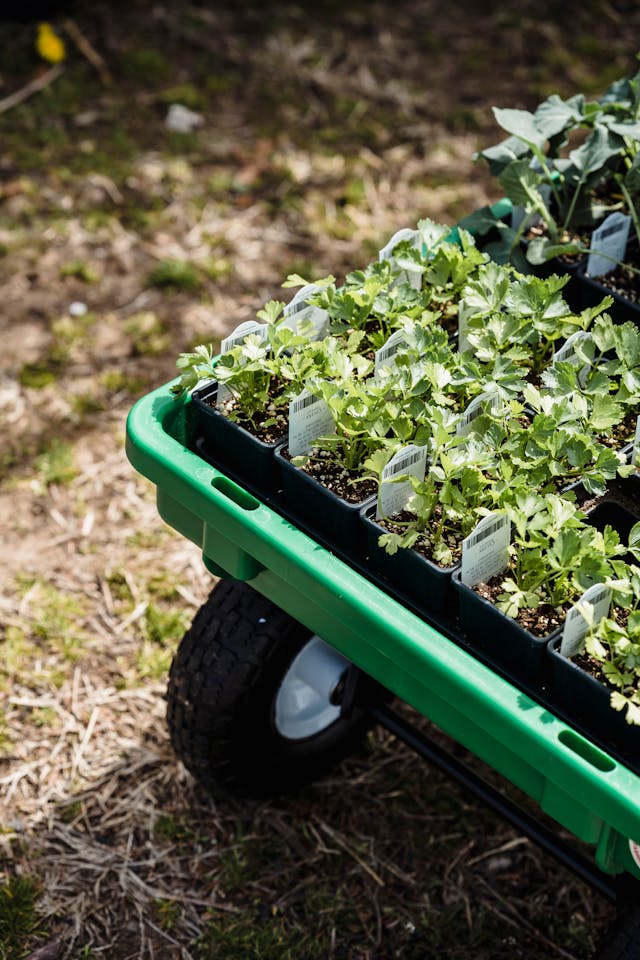
Choosing the right plants for your garden is essential for a thriving organic vegetable patch. You should select varieties that are well-suited to your local climate and growing season. For example, cool-weather crops like spinach and lettuce do better in spring and fall, while warm-weather crops like tomatoes and peppers require full sun and warmth to grow properly. When selecting seeds or seedlings, consider factors such as growth habits, space requirements, and disease resistance.
In addition, it’s a good idea to plant a variety of vegetables. This not only helps you harvest a range of crops throughout the growing season but also supports biodiversity, which can reduce the risk of pests and diseases. Choosing companion plants that support each other, like basil near tomatoes to improve flavor and deter pests, is also a beneficial strategy.
Plan Your Garden Layout
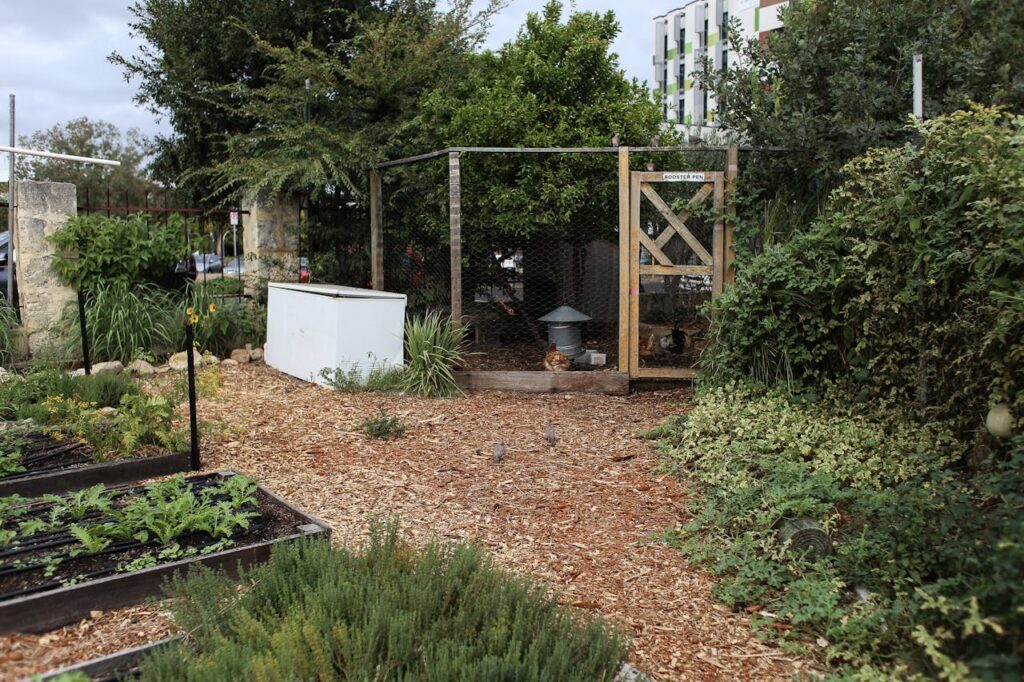
Proper planning of your garden layout ensures that each plant has the space and resources it needs to thrive. Group plants with similar water, sunlight, and nutrient needs together. Raised beds are an excellent option for small spaces, as they improve drainage and make it easier to control soil conditions. When planning your layout, also consider the growth habits of your plants; vining crops like cucumbers will need more vertical space, while root vegetables like carrots need more horizontal space.
Allowing for proper spacing between plants is also important for healthy air circulation. This reduces the chances of fungal diseases and promotes even growth. Think about how your plants will mature, and avoid overcrowding to ensure they all have room to grow.
Start with High-Quality Seeds or Seedlings
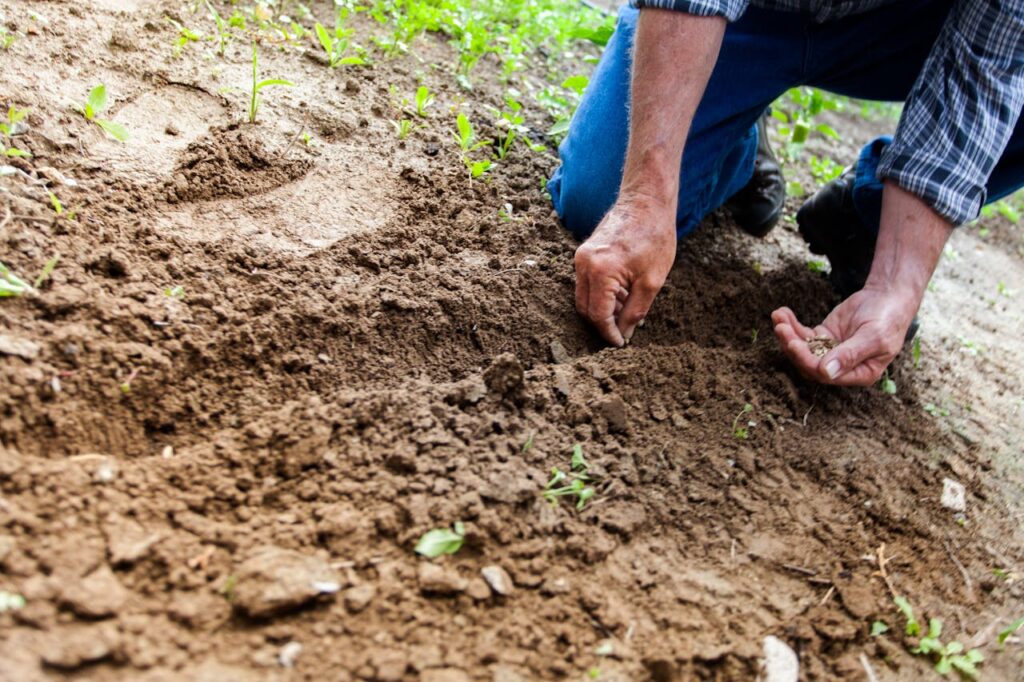
The quality of your seeds or seedlings can significantly impact the success of your garden. Organic seeds are free from chemicals and GMOs, which is crucial for maintaining the integrity of your organic garden. Starting from seeds allows you to control every aspect of the growing process, while seedlings provide a quicker start for those who want to shorten the growing season.
Choosing reputable suppliers ensures that your seeds or seedlings are healthy and disease-free. Always check the seed packet for important growing information such as spacing, growing conditions, and the expected time to harvest. Healthy seeds and seedlings set the foundation for a strong and productive garden.
Practice Crop Rotation
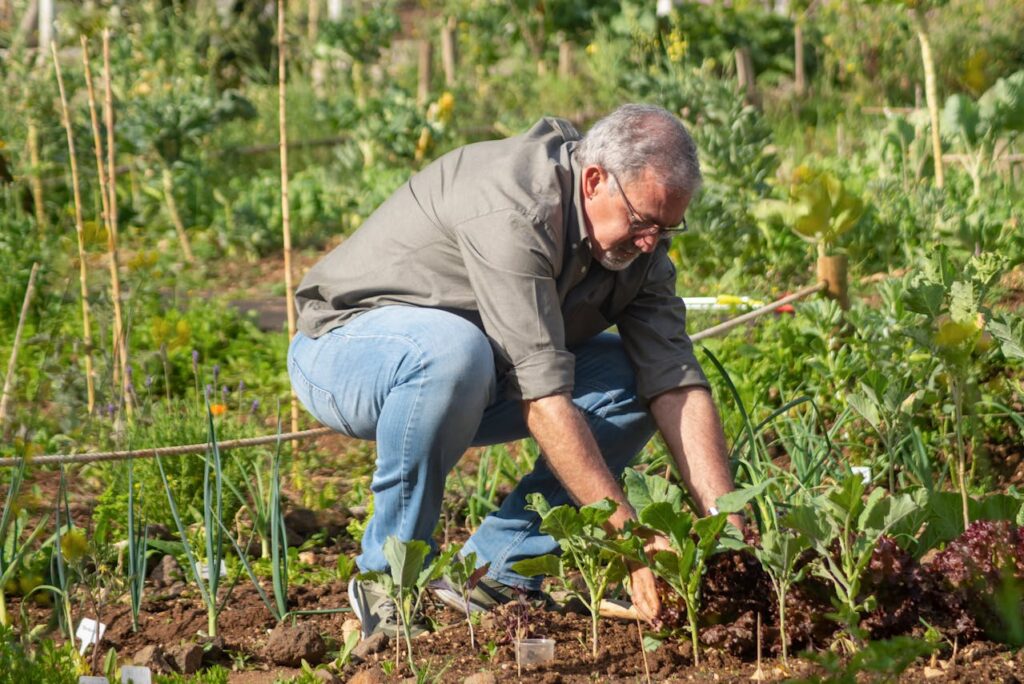
Crop rotation is an essential practice in organic gardening that involves changing the types of plants grown in a particular area each season. This helps prevent soil depletion, as different plants require different nutrients. For example, legumes like beans add nitrogen to the soil, which benefits nitrogen-hungry plants like tomatoes in the following season. Rotating crops also helps reduce the risk of soil-borne pests and diseases that can build up over time.
By regularly rotating your crops, you ensure that the soil remains fertile and free from pests and diseases. This practice also prevents over-fertilization of the soil with specific nutrients, making your garden more sustainable in the long run. It is a simple yet effective way to maintain healthy soil and plants.
Water Consistently
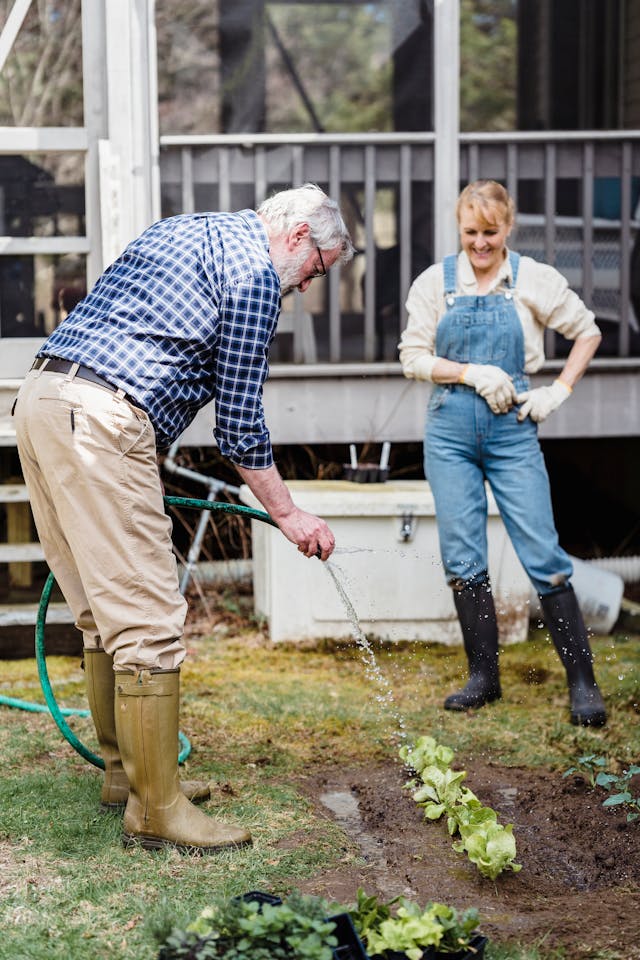
Watering your vegetable garden consistently is key to ensuring healthy growth. Plants need water to absorb nutrients from the soil, and inconsistent watering can lead to weak or stressed plants. Drip irrigation or soaker hoses are excellent choices for deep, slow watering, which ensures water reaches the root zone without wasting it on the surface.
It is also important to water deeply and less frequently rather than shallowly and often. Deep watering encourages plants to develop strong, deep root systems that are better able to access nutrients and tolerate dry conditions. Try to water in the early morning or late evening to minimize evaporation and allow plants to absorb moisture before the heat of the day.
Mulch to Retain Moisture
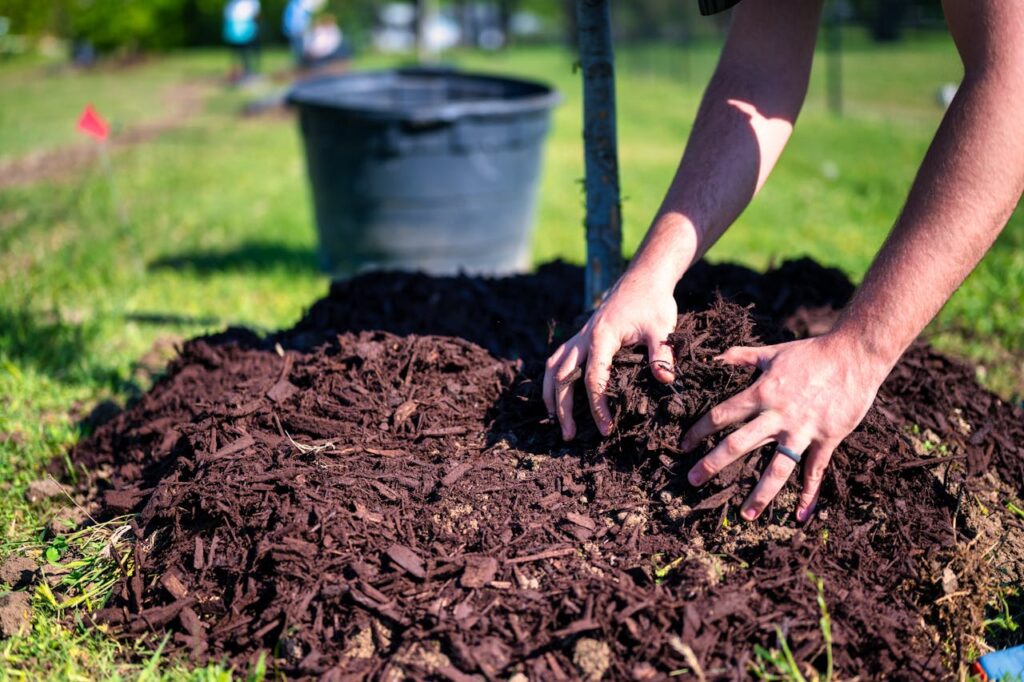
Mulching is one of the easiest and most effective ways to maintain a healthy organic garden. Organic mulches like straw, grass clippings, and wood chips help retain moisture in the soil, reduce evaporation, and maintain a stable soil temperature. By covering the soil with a layer of mulch, you can reduce the frequency of watering, especially during hot or dry weather.
Mulch also acts as a natural weed barrier, preventing unwanted plants from competing with your vegetables for nutrients. As it decomposes, mulch adds organic matter back into the soil, further improving soil health and fertility. It’s a win-win for both your plants and the environment.
Use Natural Pest Control

Organic gardeners avoid chemical pesticides, instead opting for natural pest control methods. One effective strategy is to introduce beneficial insects, such as ladybugs and predatory beetles, that target harmful pests like aphids. You can also plant flowers like marigolds and sunflowers that attract beneficial insects, creating a natural pest control system.
For more direct pest control, natural sprays made from neem oil, garlic, or insecticidal soap can help manage infestations without harming the environment. It is important to inspect plants regularly for early signs of pests and take action before an infestation spreads. Natural pest control allows you to keep your garden healthy and pesticide-free.
Address Soil pH and Nutrient Levels
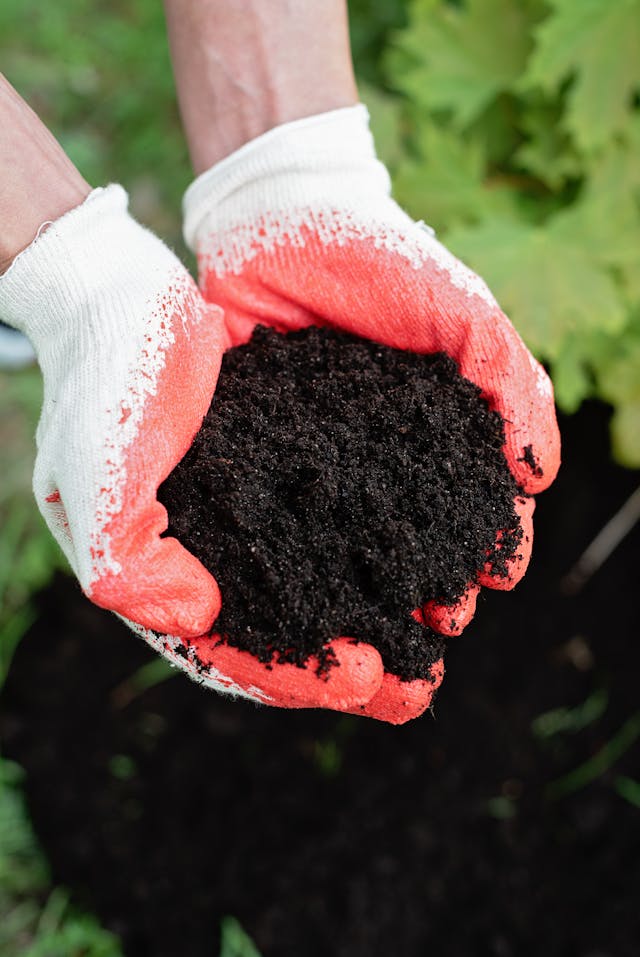
Regular soil testing is vital to ensure that your vegetables have the nutrients they need to grow. Soil pH affects how well plants can access nutrients; for instance, most vegetables prefer a slightly acidic to neutral pH of 6.0 to 7.0. If your soil is too acidic or too alkaline, you can amend it using organic materials like lime to raise the pH or sulfur to lower it.
Besides pH, it is also important to address any nutrient imbalances in the soil. Organic fertilizers like compost, bone meal, and fish meal can add the necessary nutrients, improving plant growth. Properly balanced soil leads to healthier, more productive plants and a more sustainable garden.
Thin Your Plants
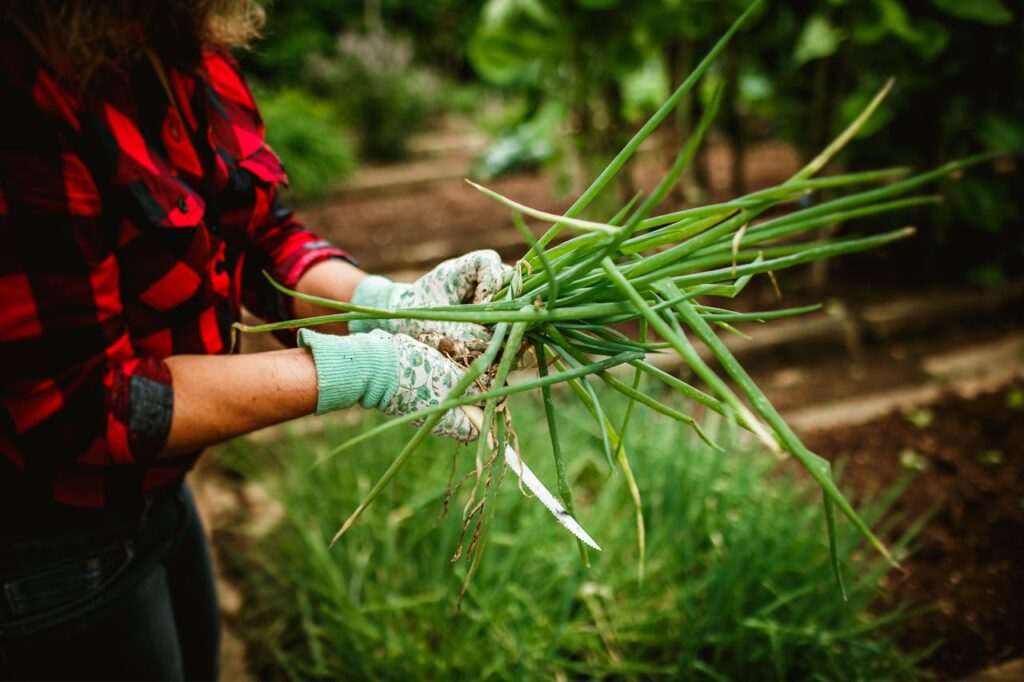
Thinning your plants ensures that each one has enough space to grow and develop properly. Overcrowded plants can struggle to get enough sunlight, water, and nutrients, leading to stunted growth and increased vulnerability to pests and diseases. By thinning your plants, you encourage better air circulation, which reduces the chances of fungal infections.
It is important to carefully remove weak or damaged plants and allow the healthiest ones to thrive. Thinning also prevents plants from competing for space, making sure they have room to grow to their full potential. Proper thinning improves overall garden health and boosts yields.
This article originally appeared on Avocadu.
